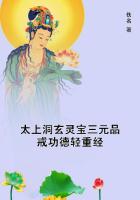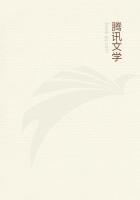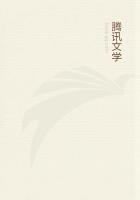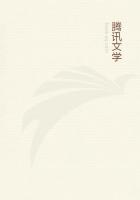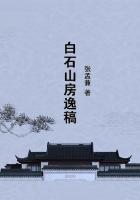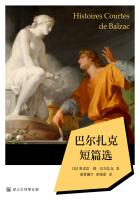The answer is: Undoubtedly, but only as an ideal, and not as a real object.That is, we must cogitate it only as an unknown substratum of the systematic unity, order, and finality of the world- a unity which reason must employ as the regulative principle of its investigation of nature.Nay, more, we may admit into the idea certain anthropomorphic elements, which are promotive of the interests of this regulative principle.For it is no more than an idea, which does not relate directly to a being distinct from the world, but to the regulative principle of the systematic unity of the world, by means, however, of a schema of this unity- the schema of a Supreme Intelligence, who is the wisely-designing author of the universe.What this basis of cosmical unity may be in itself, we know not- we cannot discover from the idea; we merely know how we ought to employ the idea of this unity, in relation to the systematic operation of reason in the sphere of experience.
*After what has been said of the psychological idea of the ego and its proper employment as a regulative principle of the operations of reason, I need not enter into details regarding the transcendental illusion by which the systematic unity of all the various phenomena of the internal sense is hypostatized.The procedure is in this case very similar to that which has been discussed in our remarks on the theological ideal.
But, it will be asked again, can we on these grounds, admit the existence of a wise and omnipotent author of the world? Without doubt;and not only so, but we must assume the existence of such a being.But do we thus extend the limits of our knowledge beyond the field of possible experience? By no means.For we have merely presupposed a something, of which we have no conception, which we do not know as it is in itself; but, in relation to the systematic disposition of the universe, which we must presuppose in all our observation of nature, we have cogitated this unknown being in analogy with an intelligent existence (an empirical conception), that is to say, we have endowed it with those attributes, which, judging from the nature of our own reason, may contain the ground of such a systematic unity.This idea is therefore valid only relatively to the employment in experience of our reason.But if we attribute to it absolute and objective validity, we overlook the fact that it is merely an ideal being that we cogitate; and, by setting out from a basis which is not determinable by considerations drawn from experience, we place ourselves in a position which incapacitates us from applying this principle to the empirical employment of reason.
But, it will be asked further, can I make any use of this conception and hypothesis in my investigations into the world and nature? Yes, for this very purpose was the idea established by reason as a fundamental basis.But may I regard certain arrangements, which seemed to have been made in conformity with some fixed aim, as the arrangements of design, and look upon them as proceeding from the divine will, with the intervention, however, of certain other particular arrangements disposed to that end? Yes, you may do so;but at the same time you must regard it as indifferent, whether it is asserted that divine wisdom has disposed all things in conformity with his highest aims, or that the idea of supreme wisdom is a regulative principle in the investigation of nature, and at the same time a principle of the systematic unity of nature according to general laws, even in those cases where we are unable to discover that unity.In other words, it must be perfectly indifferent to you whether you say, when you have discovered this unity: God has wisely willed it so; or: Nature has wisely arranged this.For it was nothing but the systematic unity, which reason requires as a basis for the investigation of nature, that justified you in accepting the idea of a supreme intelligence as a schema for a regulative principle; and, the farther you advance in the discovery of design and finality, the more certain the validity of your idea.But, as the whole aim of this regulative principle was the discovery of a necessary and systematic unity in nature, we have, in so far as we attain this, to attribute our success to the idea of a Supreme Being; while, at the same time, we cannot, without involving ourselves in contradictions, overlook the general laws of nature, as it was in reference to them alone that this idea was employed.We cannot, I say, overlook the general laws of nature, and regard this conformity to aims observable in nature as contingent or hyperphysical in its origin;inasmuch as there is no ground which can justify us in the admission of a being with such properties distinct from and above nature.All that we are authorized to assert is that this idea may be employed as a principle, and that the properties of the being which is assumed to correspond to it may be regarded as systematically connected in analogy with the causal determination of phenomena.

